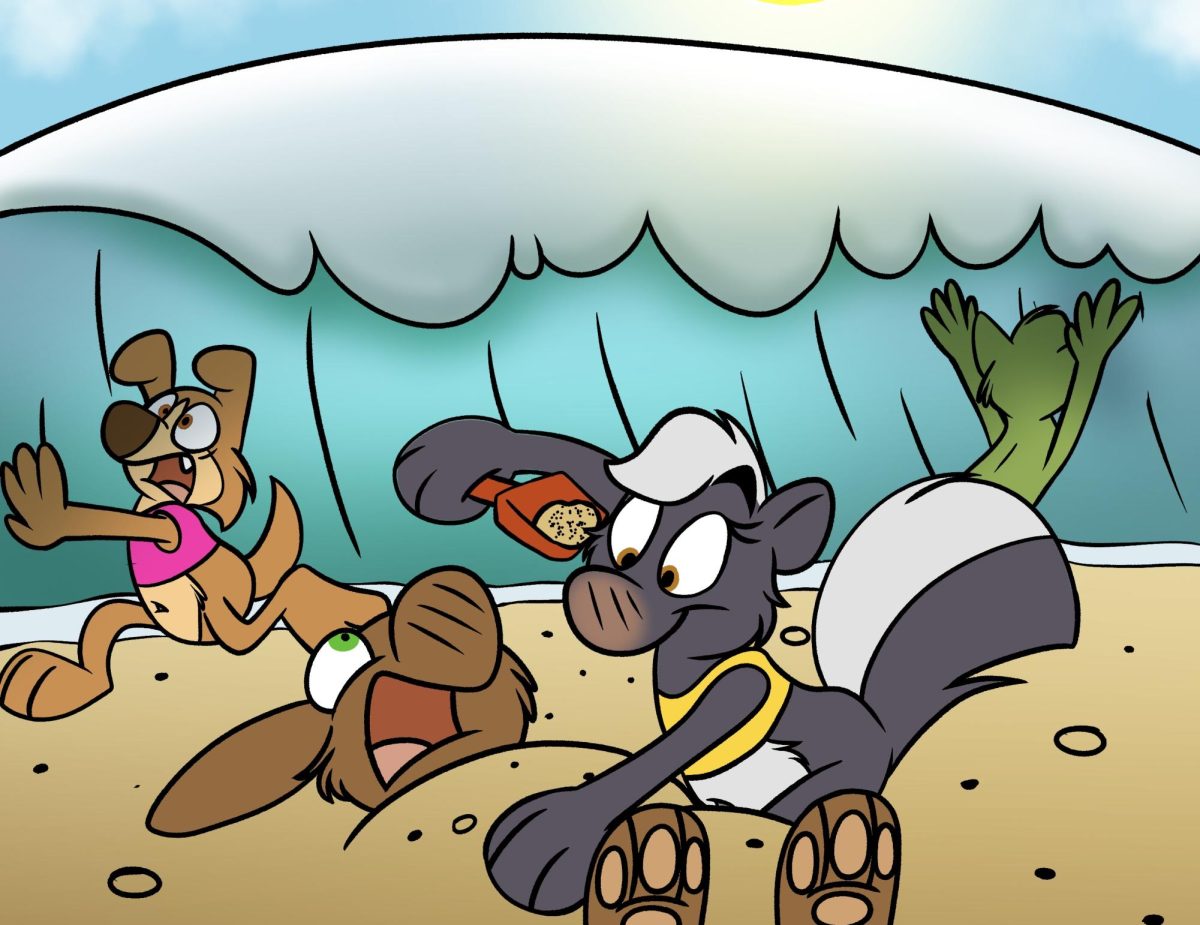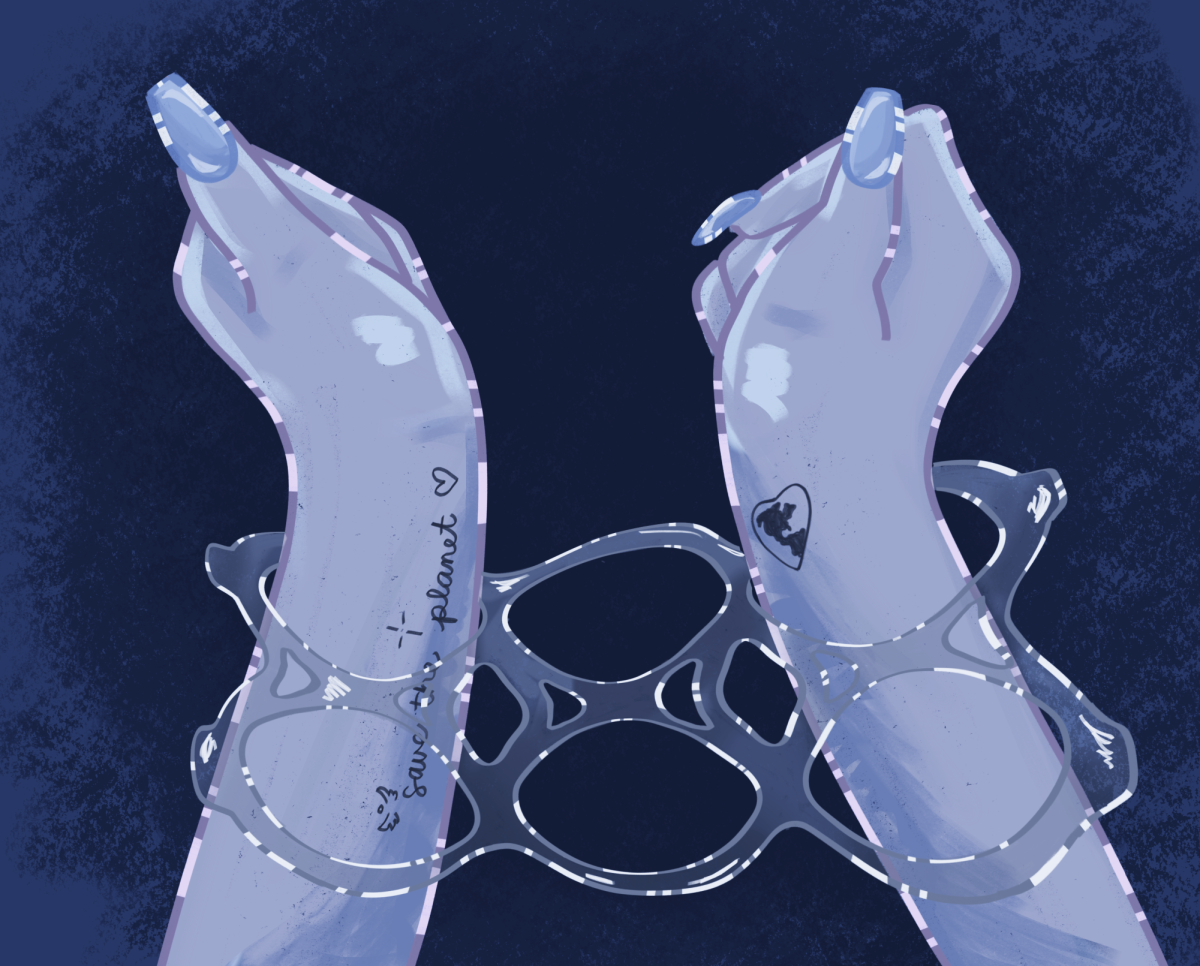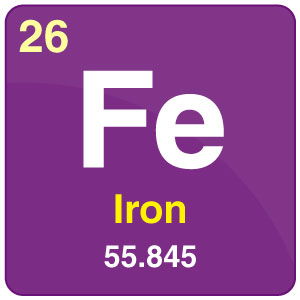By David Silva
Not many documentaries have changed popular perception as much as 2013’s “Blackfish,” directed by Gabriela Cowperthwaite. The film unapologetically unveils the consequences of keeping orcas, or killer whales, in captivity and shows how SeaWorld executives ignored the threat that the orcas posed toward their trainers.
“Blackfish” is one of the most important documentaries of the decade. It brings an important, but at the time unknown, problem to the forefront. It not only changed public perception, shown by SeaWorld’s decreasing sales and attendance since the film’s release, but it also resulted in legislation intended to protect orcas in New York and California. Furthermore, SeaWorld announced in March it would stop its orca-breeding program and would phase out its killer whale shows.
The film was a commercial and critical success immediately after its release and created a wave of awareness and activism throughout the country. However, Cowperthwaite did not start her journey as an animal rights activist.
A documentary filmmaker by trade, she grew suspicious of SeaWorld’s ethics when experienced trainer Dawn Brancheau was killed by a whale named Tillikum during a 2010 show in Orlando, Florida.
SeaWorld Vice President and General Manager Dan Brown stated that she “slipped or fell into the tank” and that “we have never in the history of our parks experienced an incident like this.”
However, witnesses reported that the whale jumped out of the water, grabbed the trainer and shook her violently. There had also been trainer casualties in the past, and Tillikum himself was responsible for two deaths prior to Brancheau’s. Cowperthwaite had a gut feeling that there was more to unveil, so she picked up her camera and started to dig deeper.
Her persistence and investigative instinct led her to horrific findings, from psychological issues in captive orcas due to separation from family and unrelenting harassment from other orcas, to video footage of trainers killed by orcas, including Brancheau.
Having all of this at her disposal, Cowperthwaite crafted a riveting and highly emotional film. She doesn’t simply make a documentary that calls individuals to take action, but she also makes a powerful cinematic experience.
“Blackfish” is a fine piece of cinema and investigative journalism, and it has effectively served as a window into the world of animal captivity and entertainment that reaches past SeaWorld into aquariums, zoos and circuses.
We can learn something from the difference that “Blackfish” has made. It proves that no issue is too small and no unethical corporation is too big. It proves that good journalism and filmmaking can have a profound effect on its audience.














Heather Wesling • Apr 3, 2016 at 6:46 pm
Thank you! A revolutionary documentary.
Teresa Wagner • Apr 3, 2016 at 6:40 pm
Well said! And so true. This film provided fuel for the anti-captivity movement in terms of educating the masses. We won’t stop until every whale is out of a tank and in sea pen sanctuaries.